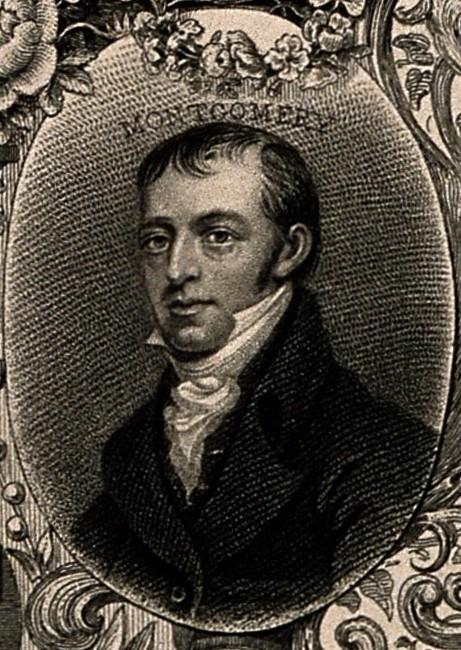“The soul aspiring pants its source to mount,
As streams meander level with their fount.”
The Omnipresence of the Deity, Part i, reported in Bartlett's Familiar Quotations, 10th ed. (1919). Compare: "We take this to be, on the whole, the worst similitude in the world. In the first place, no stream meanders or can possibly meander level with the fount. In the next place, if streams did meander level with their founts, no two motions can be less like each other than that of meandering level and that of mounting upwards", Thomas Babington Macaulay, 1st Baron Macaulay, Review of Montgomery's Poems (Eleventh Edition), Edinburgh Review, (April, 1830). These lines were omitted in the subsequent edition of the poem.
